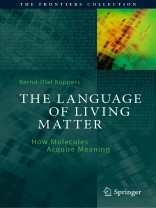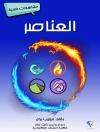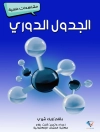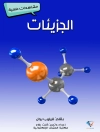This book, by an eminent scientist and philosopher, provides strong evidence for the claim that language is a general principle of Nature, rooted exclusively in physical and chemical laws. The author’s radical idea inevitably leads us to view the essence, origin and evolution of life in a completely new light. It shifts the coordinates of our scientific world-view in favor of an overarching concept of language that is able to bridge the gap between matter and mind. At the same time, it removes a blind spot in the Darwinian concept of evolution.
To justify this far-reaching idea, the book takes a long and deep look at our scientific and philosophical thinking, at language as such, at science’s claim to truth, and at its methods, unity, limits and perspectives. These are the cornerstones structuring the book into six thematically self-contained chapters, rounded off by an epilogue that introduces the new topic of Nature’s semantics. The range of issues covered is a testimony to how progress in the life sciences is transforming the whole edifice of science, from physics to biology and beyond. The book is aimed at a broad academic and general readership; it requires no mathematical expertise.
表中的内容
Language: Gateway to the World.- Truth: The Regulative Principle of Cognition.- Methods: Ways of Gaining Knowledge.- Unity: The Deep Structure of Science.- Limits: Insights into the Reach of Science.- Perspectives: Designing Living Matter.- Epilogue: Nature’s Semantics.- Author Index.- Subject Index.
关于作者
Bernd-Olaf Küppers graduated in physics and then moved into molecular biology, in which he conducted research for many years at the Max Planck Institute for Biophysical Chemistry in Göttingen. Thereafter he was professor of natural philosophy at the University of Jena. His main research field is the information-theoretical foundation of the origin and evolution of life. He is author and editor of numerous books, including the monographs “Molecular Theory of Evolution”, “Information and the Origin of Life” and “The Computability of the World”. His distinctions include membership of the German National Academy of Sciences and the Academia Europaea (London).












